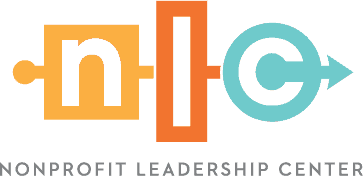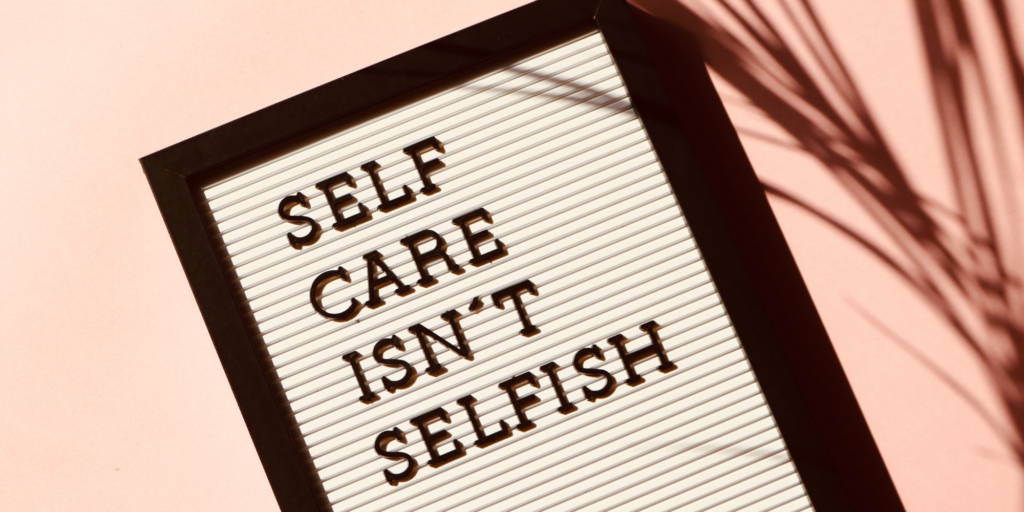Picture this: After a full day sitting at your computer, you’re finally putting the finishing touches on a major presentation when — BAM! — your machine makes a whirring noise and the screen goes dark. All your effort has been wiped out, and you wonder what to do next.
We’ve all experienced similar moments of dread. We rely on our computers and must back up files and maintain security updates to ensure their top performance.
The same is true for our own well-being. Incorporating safeguards to care for our heart, mind, body and soul is as important as implementing a computer back-up system. Just as computers have mechanisms in place to protect against crashing, we need our own protective shield as humans.
Daily Practices for Better Self-Care
Self-care is making it a priority to nurture and care for ourselves. It’s important to have daily practices we can rely on to help protect us when life becomes unruly. But how can you best be there for your organization, your employees, the individuals you serve and your own family if you aren’t taking care of yourself?
Let’s compare our self-care to that of the derailed computer system we mentioned earlier:
COMPUTER | OURSELVES |
|
|
|
|
|
|
|
|
|
|
|
|
|
|
Taking a proactive role to implement better habits and routines is the first step to better self-care for nonprofit leaders. Make a written list of the things that feed and renew your energy to keep you grounded when you’re feeling stressed or overwhelmed. Refer to it when life is spinning to guide your thinking and ideas.
Here are a few questions to ask yourself:
- What helps you remain calm and focused?
- What has worked in the past for you to relieve tension?
- What is one activity you’ve thought about doing but never find the time to do?
To be more intentional about your self-care, download the 4 Quadrant Checklist for Self-Care. Start by committing to one activity in 2 of the 4 areas — Emotional, Mental, Physical and Spiritual. Be consistent while determining which self-care activities suit you best. When you feel ready, adopt another in one of the remaining areas. Then, add from the last quadrant. There’s no time limit or pressure to do this a specific way. It’s all up to you.
Self-care is important to be your best, feel your best, and, yes, give your best. You are worth every moment.
Get More Help Prioritizing Self-Care
Join us for an upcoming professional development training event to become a more mindful and balanced leader. We regularly add and include self-care and personal development courses.





